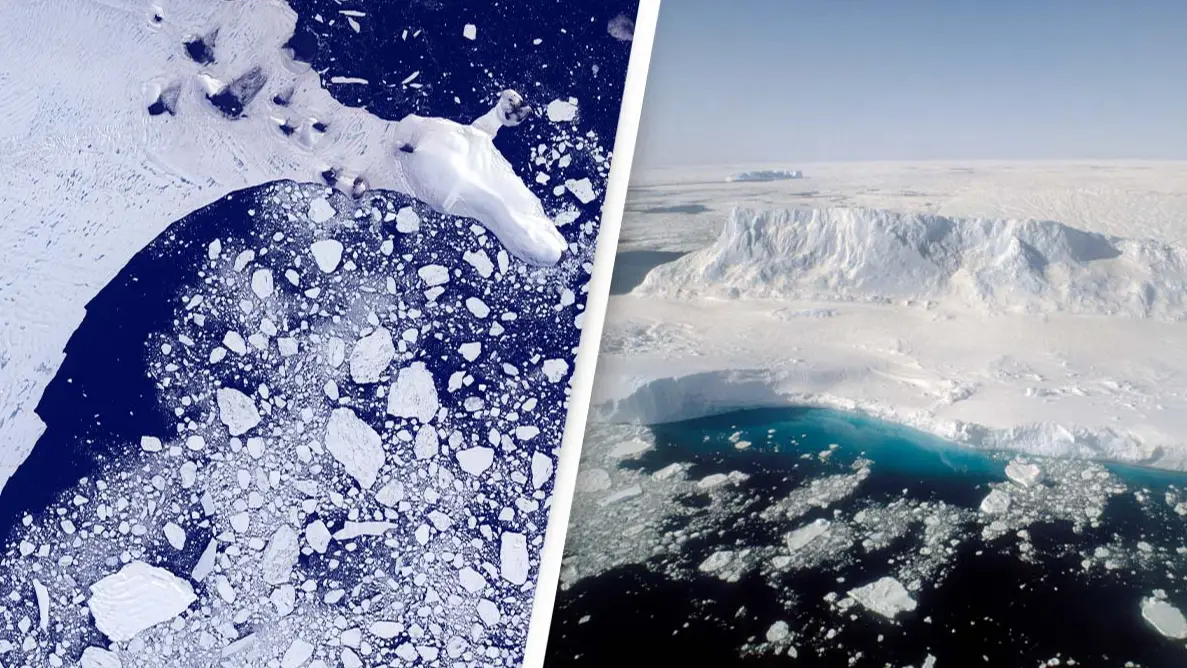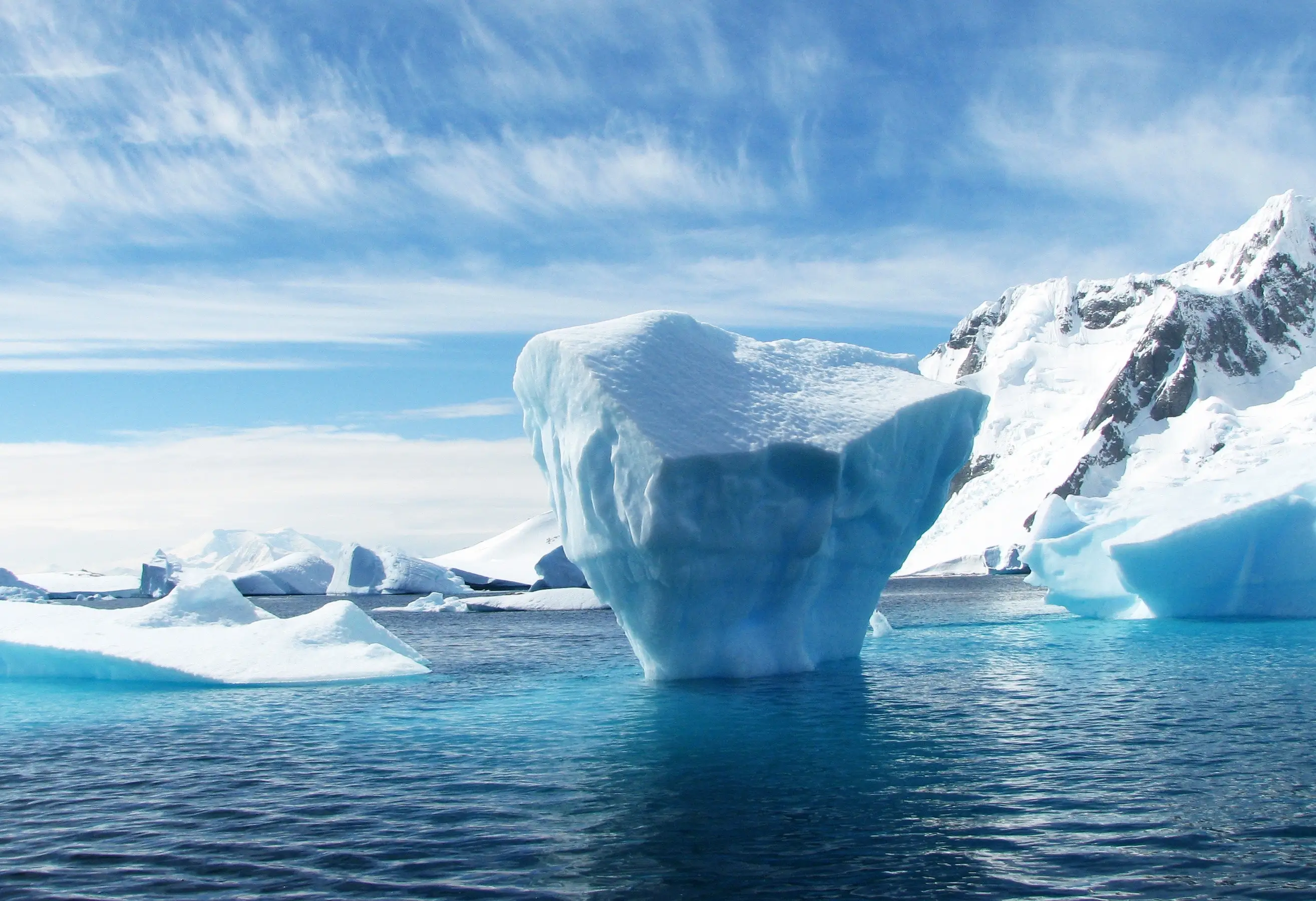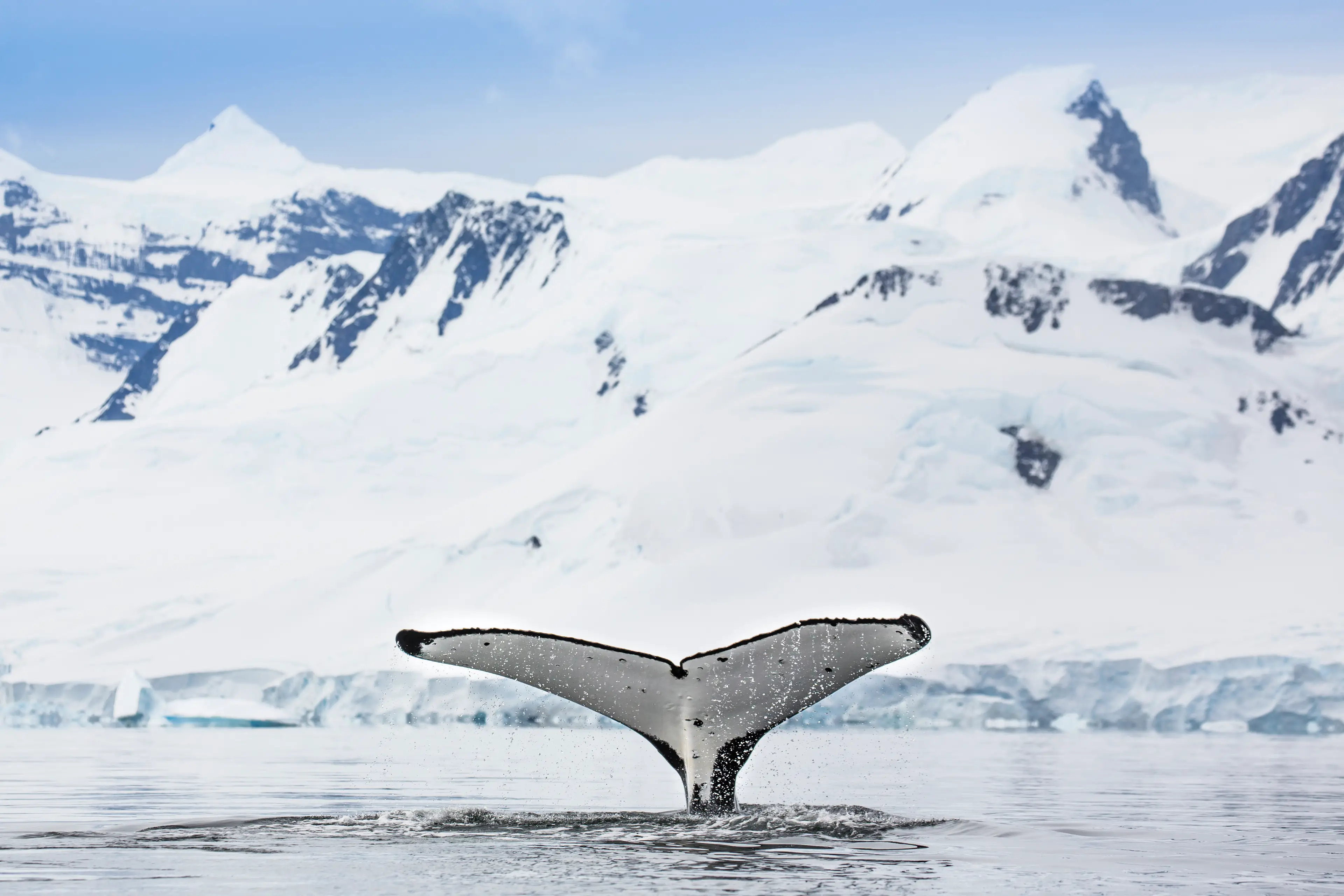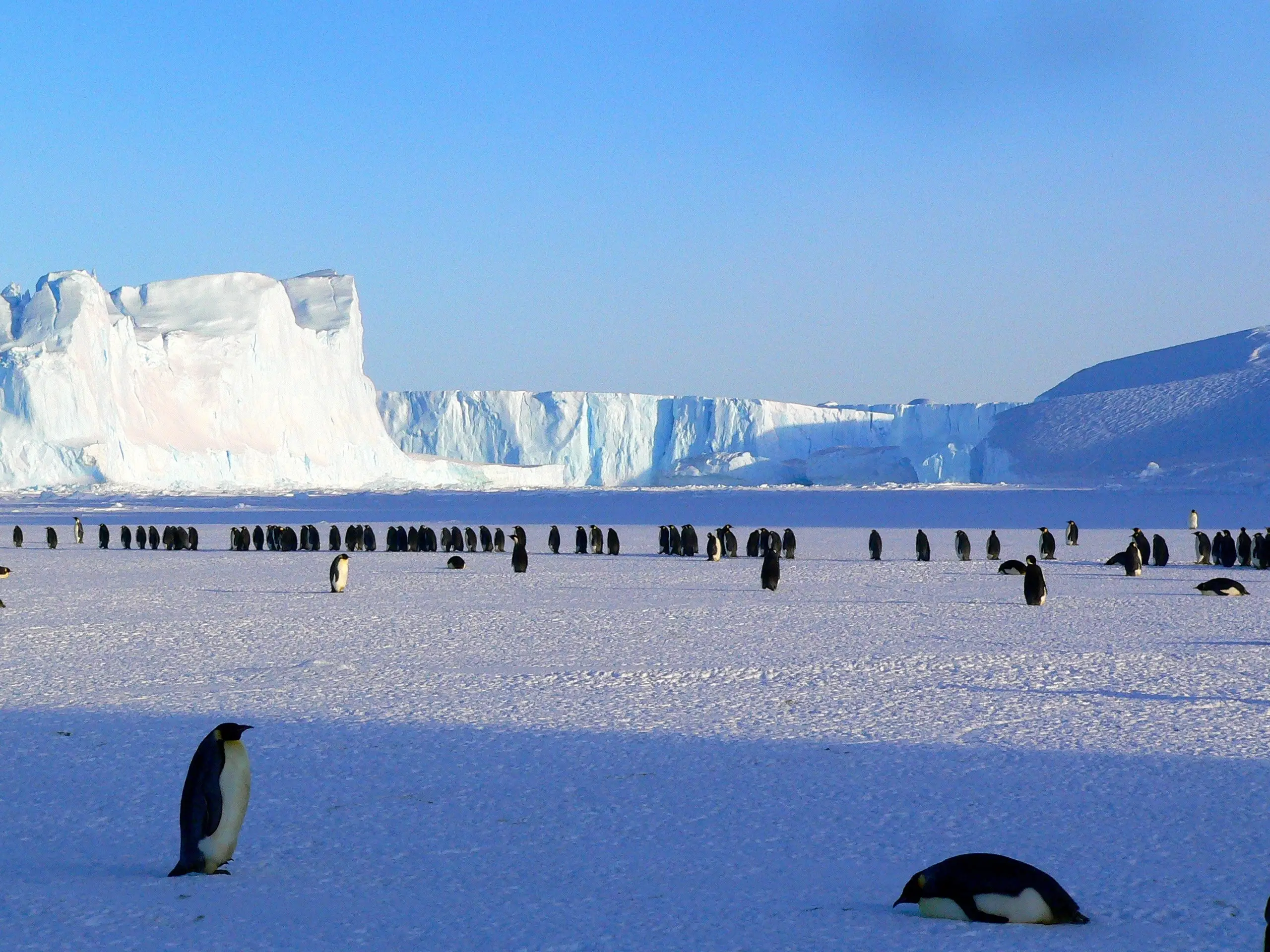
A lot of countries across the globe have been experiencing extreme and surprising weather recently, but one event which has left scientists truly stumped is Antarctica's lack of sea ice.
While the US has faced floods and Europe has had to deal with burning temperatures, Antarctica has, for some reason, been facing reductions in its sea ice.
Sea ice forms on the water when its surface freezes and is usually thinnest at the end of February, when the continent is experiencing its summer, before building back up in winter.

Advert
A balance between the atmosphere and oceans controls exactly how much ice is formed each year, with Dr Steve Rintoul, CSIRO Fellow and Research Team Leader, explaining: "The factors that influence sea ice include winds from north to south are stronger than usual which pushes sea ice towards Antarctica and restricts how far sea ice spreads.
"The warmer water means there is less sea ice, and even things like melting the surface melt can alter sea ice forming."
It's natural for ice coverage to vary each year, but Dr Rintoul has pointed out that this year’s records for the continent are the lowest in the 40 years since records started.
In data from the National Snow and Ice Data Center (NSIDC) collected in the middle of July, the ice coverage in Antarctica was more than 2.6 million square kilometres below the 1981 to 2010 average.

The amount of ice missing covers an area nearly as large as Argentina, which is home to roughly 45.81 million residents.
Factors involving the atmosphere and oceans could be responsible for the low sea ice, but scientists haven't been able to pinpoint an exact reason for the huge decline.
“It is stunning. The fact is we don’t know why [we’ve got record low sea ice]," Dr Rintoul said. "No one predicted this, we don’t understand why this season is as low as it is."
As well as baffling scientists, the missing sea ice can have a series of knock-on effects.

Less ice means oceans will absorb more heat from the atmosphere, leading to an increase in ocean temperature which can have longer-term impacts on future sea ice cycles.
Without the sea ice, the atmosphere is also likely to warm up, creating a cycle of warming.
These impacts can affect ecosystems which rely on Antarctic sea ice, including the krill population, which feed migrating whales, and penguins which rely on the ice for breeding.
Dr Petra Heil, associate researcher at the Antarctic Climate and Ecosystems CRC at the University of Tasmania, expressed her concerns as she said less sea ice would expose the Antarctic ice shelves to warmer water, in turn melting ice and contributing to rising sea levels.
“I am concerned by the rate of change in the last 18 months and I think it is hard to come back to our normal from there,” she said. “A major shift in Antarctica sea ice will – sooner rather than later – affect our global system. We need to be global citizens and step up to our duties and responsibilities.”
Scientists have noted small rebounds in the amount of ice coverage in recent years, though the figures remain far below the record high of 2014.
Topics: World News, Science, Weather, Environment